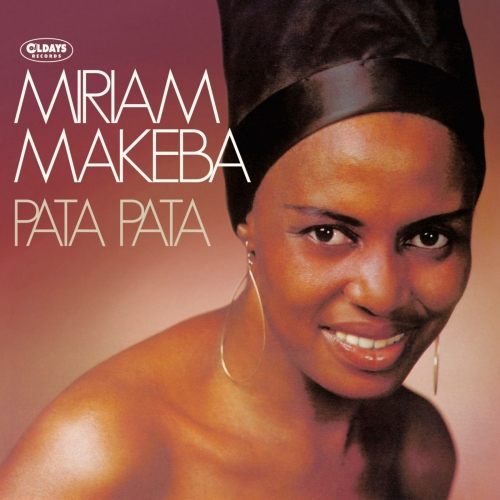Artist:
Les Arts Florissants & William Christie
Title:
Handel: Theodora
Year Of Release:
2003
Label:
Erato Disques
Genre:
Classical
Quality:
FLAC (image + .cue, log, scans)
Total Time: 2:58:09
Total Size: 853 MB
WebSite:
Album Preview
Disc 1
01 Act 1: Overtura (Maestoso - Allegro) - William Christie
02 Act 1: Trio (Larghetto e piano) - William Christie
03 Act 1: Courante - William Christie
04 Act 1 Scene 1: Recitative, "Tis Diocletian's natal day" (Valens) - William Christie
05 Act 1 Scene 1: No. 1a, Aria, "Go, my faithful soldier, go" (Valens) - William Christie
06 Act 1 Scene 1: No. 2, Chorus, "And draw a blessing down on his imperial crown" (Heathens) - William Christie
07 Act 1 Scene 1: Recitative, "Vouchsafe, dread Sir, a gracious ear" (Didymus, Valens) - William Christie
08 Act 1 Scene 1: No. 3, Aria, "Racks, gibbets, sword and fire" (Valens) - William Christie
09 Act 1 Scene 1: No. 4, Chorus, "For ever thus stands fix'd the doom" (Heathens) - William Christie
10 Act 1 Scene 2: Recitative, "Most cruel edict!" (Didymus) - William Christie
11 Act 1 Scene 2: No. 5, Aria, "The raptur'd soul defies the sword" (Didymus) - William Christie
12 Act 1 Scene 2: Recitative, "I know thy virtues" (Septimius) - William Christie
13 Act 1 Scene 2: No. 6, Aria, "Descend, kind Pity, heav'nly guest" (Septimius) - William Christie
14 Act 1 Scene 3: Recitative, "Though hard, my friends" (Theodora) - William Christie
15 Act 1 Scene 3: No. 7, Aria, "Fond flatt'ring world, adieu!" (Theodora) - William Christie
16 Act 1 Scene 3: Recitative, "O bright example of all goodness!" (Irene) - William Christie
17 Act 1 Scene 3: No. 8, Aria, "Bane of virtue, nurse of passions" (Irene) - William Christie
18 Act 1 Scene 3: No. 9, Chorus, "Come, mighty Father, mighty Lord" (Christians) - William Christie
19 Act 1 Scene 4: Recitative, "Fly, my brethren!" (Messenger) - Recitative, "Ah! wither should we fly?" (Irene) - William Christie
20 Act 1 Scene 4: No. 10, Aria, "As with rosy steps the morn advancing" (Irene) - William Christie
21 Act 1 Scene 4: No. 11, Chorus, "All pow'r heaven above, or earth beneath" (Christians) - William Christie
22 Act 1 Scene 5: Recitative, "Mistaken wretches! why thus blind to fate" (Septimius) - William Christie
23 Act 1 Scene 5: No. 12, Aria, "Dread the fruits of Christian folly" (Septimius) - William Christie
24 Act 1 Scene 5: Recitative, "Deluded mortal! Call it not rebellion" (Theodora, Septimius) - William Christie
25 Act 1 Scene 5: No. 13, Recitative accompanied, "Oh worse than death indeed!" (Theodora) - William Christie
26 Act 1 Scene 5: No. 14, Aria, "Angels, ever bright and fair" (Theodora) - William Christie
27 Act 1 Scene 6: Recitative, "Unhappy, happy crew!" (Didymus, Irene) - William Christie
28 Act 1 Scene 6: No. 15, Aria, "Kind Heav'n if virtue be thy care" (Didymus) - William Christie
29 Act 1 Scene 6: Recitative, "O love, how great thy pow'r!" (Irene) - William Christie
30 Act 1 Scene 6: No. 16, Chorus, "Go, gen'rous pious youth" (Christians) - William Christie
Disc 2
01 Act 2 Scene 1: Recitative, "Ye men of Antioch" (Valens) - William Christie
02 Act 2 Scene 1: No. 17, Chorus, "Queen of summer, queen of love" (Heathens) - William Christie
03 Act 2 Scene 1: No. 18, Aria, "Wide spread his name and make his glory" (Valens) - William Christie
04 Act 2 Scene 1: Recitative, "Return, Septimius" (Valens) - William Christie
05 Act 2 Scene 1: No. 19, "Venus laughing from the skies" (Heathens) - William Christie
06 Act 2 Scene 2: No. 20, Symphony (Largo) - William Christie
07 Act 2 Scene 2: Recitative, "O thou bright sun!" (Theodora) - William Christie
08 Act 2 Scene 2: No. 21a, Aria, "With darkness deep, as is my woe" (Theodora) - William Christie
09 Act 2 Scene 2: No. 21b, Sinfonia (Largo) - William Christie
10 Act 2 Scene 2: Recitative, "But why art thou disquited, my soul?" (Theodora) - William Christie
11 Act 2 Scene 2: No. 22, Aria, "Oh that I on wings could rise" (Theodora) - William Christie
12 Act 2 Scene 3: Recitative, "Long have I known thy friendly social soul" (Didymus, Septimius) - William Christie
13 Act 2 Scene 3: No. 23, Aria, "Though the honours that Flora and Venus receive" (Septimius) - William Christie
14 Act 2 Scene 3: Recitative, "Oh save her then or give me pow'r to save" (Didymus, Septimius) - William Christie
15 Act 2 Scene 3: No. 24, Aria, "Deeds of kindness to display" (Didymus) - William Christie
16 Act 2 Scene 4: Recitative, "The clouds begin to veil the hemisphere" (Irene) - William Christie
17 Act 2 Scene 4: No. 25, Aria, "Defend her, Heav'n, let angels spread" (Irene) - William Christie
18 Act 2 Scene 5: Recitative, "Or lull'd with grief or rapt her soul to Heav'n" (Didymus) - William Christie
19 Act 2 Scene 5: No. 26, Aria, "Sweet rose and lily, flow'ry form!" (Didymus) - William Christie
20 Act 2 Scene 5: Recitative, "O save me, Heav'n, in this my perilous hour!" (Theodora, Didymus) - William Christie
21 Act 2 Scene 5: No. 27, Aria, "The pilgrim's home, the sick man's health" (Theodora) - William Christie
22 Act 2 Scene 5: No. 28, Recitative accompanied, "Forbid it, Heav'n!" (Didymus) - William Christie
23 Act 2 Scene 5: Recitative, "Or, say, what right have I to take" (Didymus, Theodora) - William Christie
24 Act 2 Scene 5: No. 29, Duet, "To thee, thou glorious son of worth" (Theodora, Didymus) - William Christie
25 Act 2 Scene 6: Recitative, "Tis night, but night's sweet blessing" (Irene) - William Christie
26 Act 2 Scene 6: No. 30, Chorus, "He saw the lovely thruth" (Christians) - William Christie
Disc 3
01 Act 3 Scene 1: No. 31, Aria, "Lord, to thee each night and day" (Irene) - William Christie
02 Act 3 Scene 2: Recitative, "But see, the good, the virtuous Didymus!" (Irene, Theodora) - William Christie
03 Act 3 Scene 2: No. 32a, Aria, "When sunk in anguish and despair" (Theodora) - William Christie
04 Act 3 Scene 2: No. 33, Solo and Chorus, "Blest be the hand" (Theodora, Christians) - William Christie
05 Act 3 Scene 3: Recitative, "Undaunted in the court stands Didymus" (Messenger, Irene) - William Christie
06 Act 3 Scene 3: No. 34, Recitative accompanied, "Oh my Irene, Heav'n is kind" - Recitative, "Stay me not, my friend" (Theodora) - William Christie
07 Act 3 Scene 3: No. 35, Duet, "Wither, princess, do you fly?" (Irene, Theodora) - William Christie
08 Act 3 Scene 3: Recitative, "She's gone! disdaining liberty" (Irene) - William Christie
09 Act 3 Scene 3: No. 36, Aria, "New scenes of joy come crowding on" (Irene) - William Christie
10 Act 3 Scene 4: Recitative, "Is it a Christian virtue" (Valens, Didymus) - Recitative, "Be that my doom!" (Theodora, Septimius) - William Christie
11 Act 3 Scene 5: No. 37a, Aria, "From virtue springs each gen'rous deed" (Septimius) - William Christie
12 Act 3 Scene 5: No. 38a, Aria, "Cease, ye slaves, your fruitless pray'r" (Valens) - William Christie
13 Act 3 Scene 5: Recitative, "Tis kind, my friends" (Didymus, Theodora) - William Christie
14 Act 3 Scene 5: No. 39, Chorus, "How strange their ends and yet how glorious!" (Christians) - William Christie
15 Act 3 Scene 5: Recitative, "On me your frowns" (Didymus, Theodora, Valens) - Recitative, "Ye ministers of justice" (Valens) - William Christie
16 Act 3 Scene 6: Recitative, "And must such beauty suffer!" (Didymus, Theodora, Septimius) - William Christie
17 Act 3 Scene 6: No. 41, Aria and Duet, "Streams of pleasure ever flowing … Thither let our hearts aspire!" (Didymus, Theodora) - William Christie
18 Act 3 Scene 6: Recitative, "Ere this their doom is past" (Irene) - William Christie
19 Act 3 Scene 6: No. 42, Chorus, "Oh Love divine, thou source of fame" (Irene, Christians) - William Christie
Theodora was Handel's next-to-last oratorio, and though it was a failure at its premiere, Handel preferred it above all his others. It tells of the martyrdom of the Christian Theodora (soprano) and her beloved Didymus (countertenor) at the hands of the Romans, with the villainous Valens (bass) in charge. Septimius (tenor) is a sympathetic Roman soldier and Irene (soprano) is Theodora's pious friend. This new recording presents the 3-hour work complete and is simply beautiful: Sophie Daneman sings Theodora's heart-felt arias expressively and with great innocence and lovely tone; Daniel Taylor's slim-voiced but sincere Didymus is effective; Valens's arias are spiteful and aggressive, and Nathan Berg makes a superb heavy; Richard Croft is magnificent in the complex role of Septimius, making his fast, coloratura-filled music sound easy, and Juliette Galstian is suitably devout and attractive of tone for Irene. As usual, William Christie and his Les Arts Florissants are right on the money, playing and singing with verve and commitment. Every so often the chorus (and Galstian) give away the fact that they aren't native English-speakers, but it hardly matters. Those who love Messiah and want to get to know some more Handel will be happy to encounter Theodora. Recommended. -- Robert Levine
Related Releases:
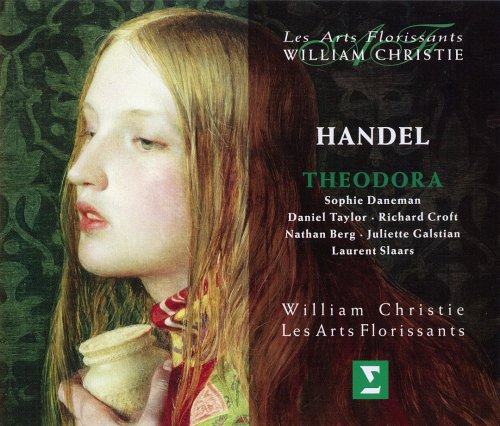
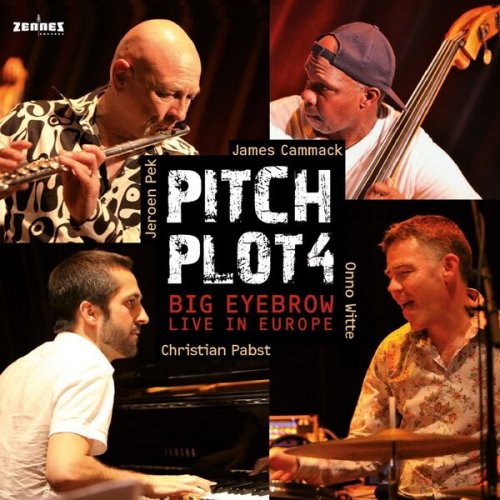
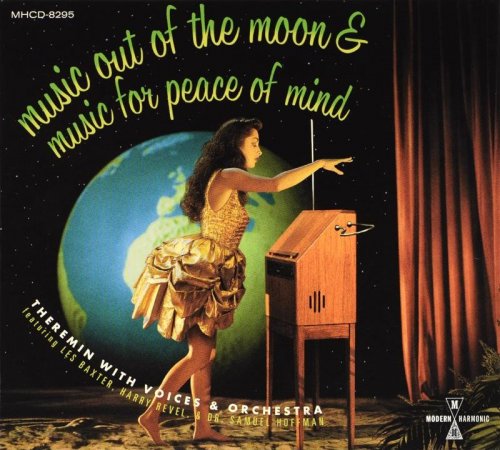

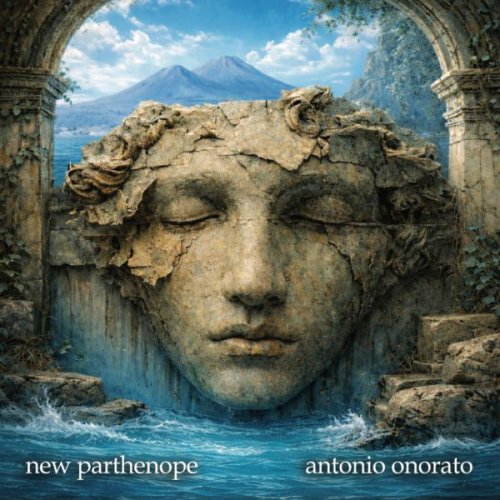
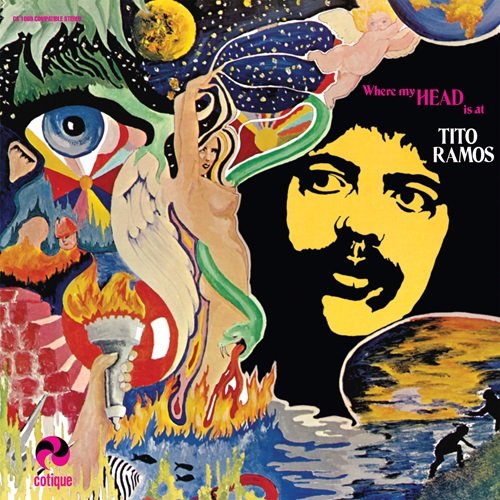
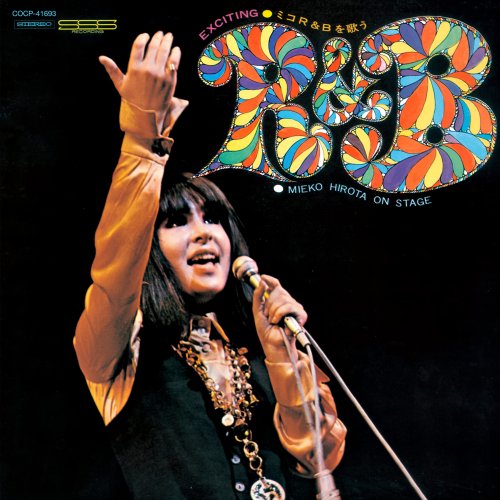

![Adrien Soleiman - BelleJazzClub (Vol. 2) (2026) [Hi-Res] Adrien Soleiman - BelleJazzClub (Vol. 2) (2026) [Hi-Res]](https://www.dibpic.com/uploads/posts/2026-02/1770294676_taeccgl6qv4da_600.jpg)
